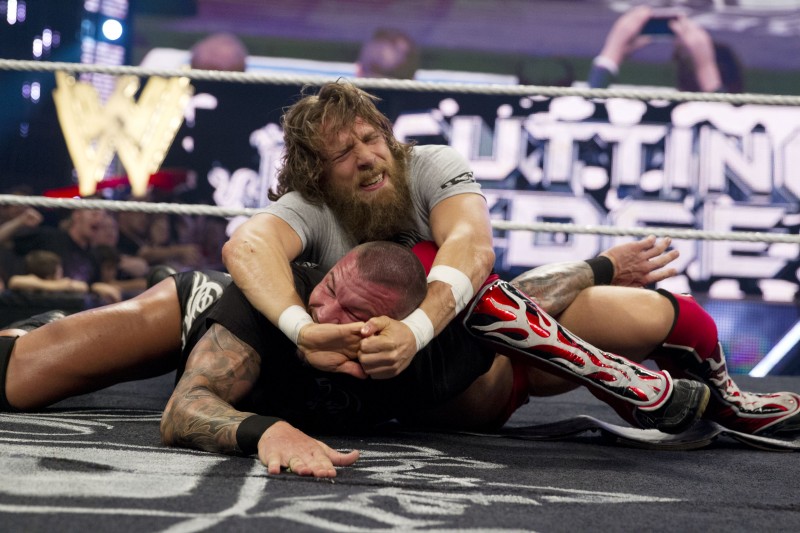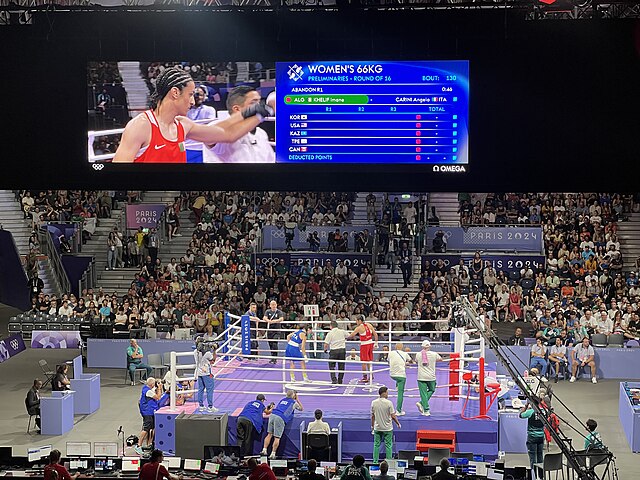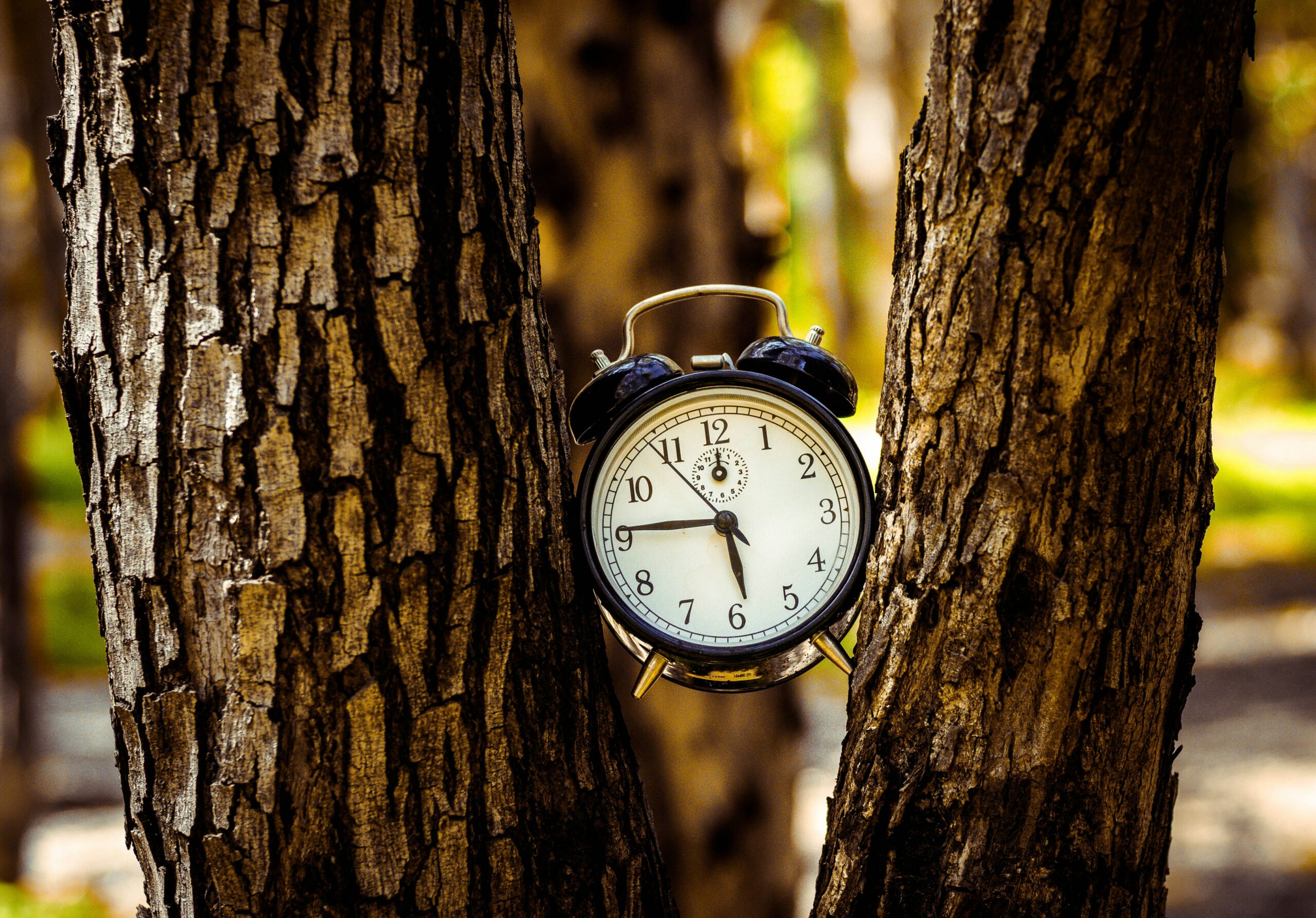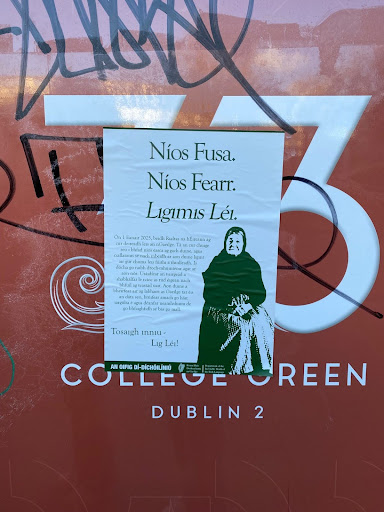Eoin McShane | Contributing Writer
The winds of change may be blowing through the fantastical, phantasmagorical world of World Wrestling Entertainment (WWE). It is a world of high ropes, headlocks, tables, ladders and chairs array with thespian characters, ranging from friendly giants to big red monsters. Within this cartoon world of professional wrestling, the rise of a wrestler named Daniel Bryan has been meteoric. Fans have rarely responded so positively, so enthusiastically, to a WWE superstar since the glory days of the 1990s; the now fabled ‘Attitude Era’.
Bryan has become an object of veneration and an outlet for their very real frustrations at the WWE’s penchant for putting corporate interests ahead of their own.
A professional wrestler has not elicited such enthusiastic reactions from WWE audiences since such behemoths as ‘Stone Cold’ Steve Austin and The Rock electrified fans across America. At just 5 foot 10 inches and a little over 200 pounds, Brya
n does not fit the atypical physical description of a WWE champion. WWE CEO Triple H constantly reminds Daniel Bryan of this fact, reiterating that he will never become champion because he is not what is ‘‘best for business’’. On numerous occasions, Bryan, the everyman, the people’s hero, has seemed set to claim the world heavyweight championship crown- the pinnacle of success in the industry- only to be shafted at the last moment, much to the ire of the fans for whom Bryan has become an object of veneration and an outlet for their very real frustrations at the WWE’s penchant for putting corporate interests ahead of their own.
Triple H represents the monied, corporate side of the multinational WWE machine. Bryan is the average Joe. On a recent episode of Raw, the WWE’s prime weekly television spot, Daniel Bryan staged an ‘Occupy Raw’ movement, in which he flooded the ring with hundreds of his supporters in protest at the companies unwillingness to acknowledge the demands of the masses and give him a fair title shot. People Power. Direct Action. Big Business vs The Ninety-Nine Percent.
A cursory online scan of wrestling fan boards and blogs reveals a dedicated consumer base which is fed up with an inhuman corporate machine, force-feeding them story-lines and fabricated heroes which it believes best for business, but which insult the sensibilities and loyalty of fans
The dichotomy between the scripted story-lines which unfold on Raw and Smackdown, and the real-life happenings behind the scenes at the WWE, is often more illusory than one might think. Triple H really is a minority owner and executive vice-president of the WWE, and Daniel Bryan may really be a thorn in his corporate side. Triple H is the son-in-law of WWE majority owner and chairman, Vince McMahon. McMahon’s wrestling empire was worth $3.372 billion in 2013 – encompassing television licensing, publishing, movies, internet, live events and merchandising. In 2001, McMahon purchased the WWE’s only real competitor; Ted Turner’s WCW promotion. This effectively means McMahon retains a monopoly in professional wrestling. Still discontent with hi
s fortune, McMahon audaciously launched the WWE Network last month, as a means of further consolidating his control of the industry and squeezing every cent available out of its product. Wrestling fans now must pay a fixed monthly subscription to view WWE broadcasting. Earlier this year, Forbes reported McMahon’s personal net worth as $1.2 billion. In essence, he is as legitimate a target for the denunciations of the ninety-nine percent movement as you could ask for; a living personification of the corporate maxim that ‘greed is good’. But WWE fans are no dopes. Even a cursory online scan of wrestling fan boards and blogs reveals a dedicated consumer base which is fed up with an inhuman corporate machine, force-feeding them story-lines and fabricated heroes which it believes best for business, but which insult the sensibilities and loyalty of fans. That is why they put their faith in Daniel Bryan. Unlike much of the recent trope of WWE stars, Bryan made his reputation on the small, independent (‘Indie’) wrestling scene, as opposed to the WWE’s own in-house ‘talent developmental’ program. His popularity is as much a protest against corporate encroachment as it is due to his undeniable in-ringability.

In a larger context, the appeal of Daniel Bryan’s people-before-profit rhetoric can be read as an indication of a broader societal trend. According to WWE’s own corporate website, ‘WWE is watched by some 15 million fans each week in the United States alone’. Of this core American audience, 24% are under the age of eighteen. Raw consistently tops the weekly Nielsen polls for adults aged between 18-49. When considered in relation to the fact that practically a quarter of WWE viewers are under 18, it can be concluded that it is mostly young people who are watching professional wrestling. Therefore it is young people who are so responsive to the message of Daniel Bryan. The success of Bryan in capturing the hearts and minds of wrestling audiences corroborates the weariness of large sections of America’s youth with inequitable wealth distribution and corporate influence of government. The average age of an Occupy Wall Street protestor in 2011 was 33. Almost 75% of WWE’s weekly audience is under the age of 50. 58% of WWE’s audience has at least some college education and/or postgraduate education. Similarly, 76% of Occupy Wall Street protestors had a bachelor degree, and 39% had postgraduate degrees.
While Vince McMahon ultimately had to sign off on making Bryan champion, he no doubt did so grudgingly.
On 6 April 2014, at the thirtieth annual Wrestlemania- WWE’s biggest event of the year- Daniel Bryan defeated Triple H and went on to finally win the world heavyweight championship. Winning the title is more than mere tokenism. Allowing Bryan become champion represents a capitulation on behalf of McMahon and co., in the face of mounting pressure from an increasingly disillusioned consumer base. The lionisation of Bryan did not emanate from WWE head office, as in the past. Instead, it grew organically from the young educated fans who made him their champion; turning up every week and chanting his name, even when he was not in the ring. Indeed, so vociferous did the ‘yes movement’ become that the WWE simply could not ignore it any longer. While Vince McMahon ultimately had to sign off on making Bryan champion, he no doubt did so grudgingly.
Daniel Bryan is not about to single-handedly turn the WWE into a cooperative. Nor would he probably want to. Ultimate power still resides with the board of directors, and as champion Daniel Bryan will no doubt help sell lunch-boxes and playstation games bearing his image. That Bryan will become a cog in the capitalist machine is axiomatic. However, he is not the champion the WWE want, he is the champion the people want. For as long as wrestling fans pin their hopes on Daniel Bryan, every week the WWE must reluctantly give a platform to a man who delivers a simple message to fifteen million fans in America alone. It is a message which is anathema to the very ethos of the global empire constructed by Vince McMahon. The message is that corporations are the enemy of the average man, people power does work, and the ninety nine percent can triumph – ‘Yes!’







